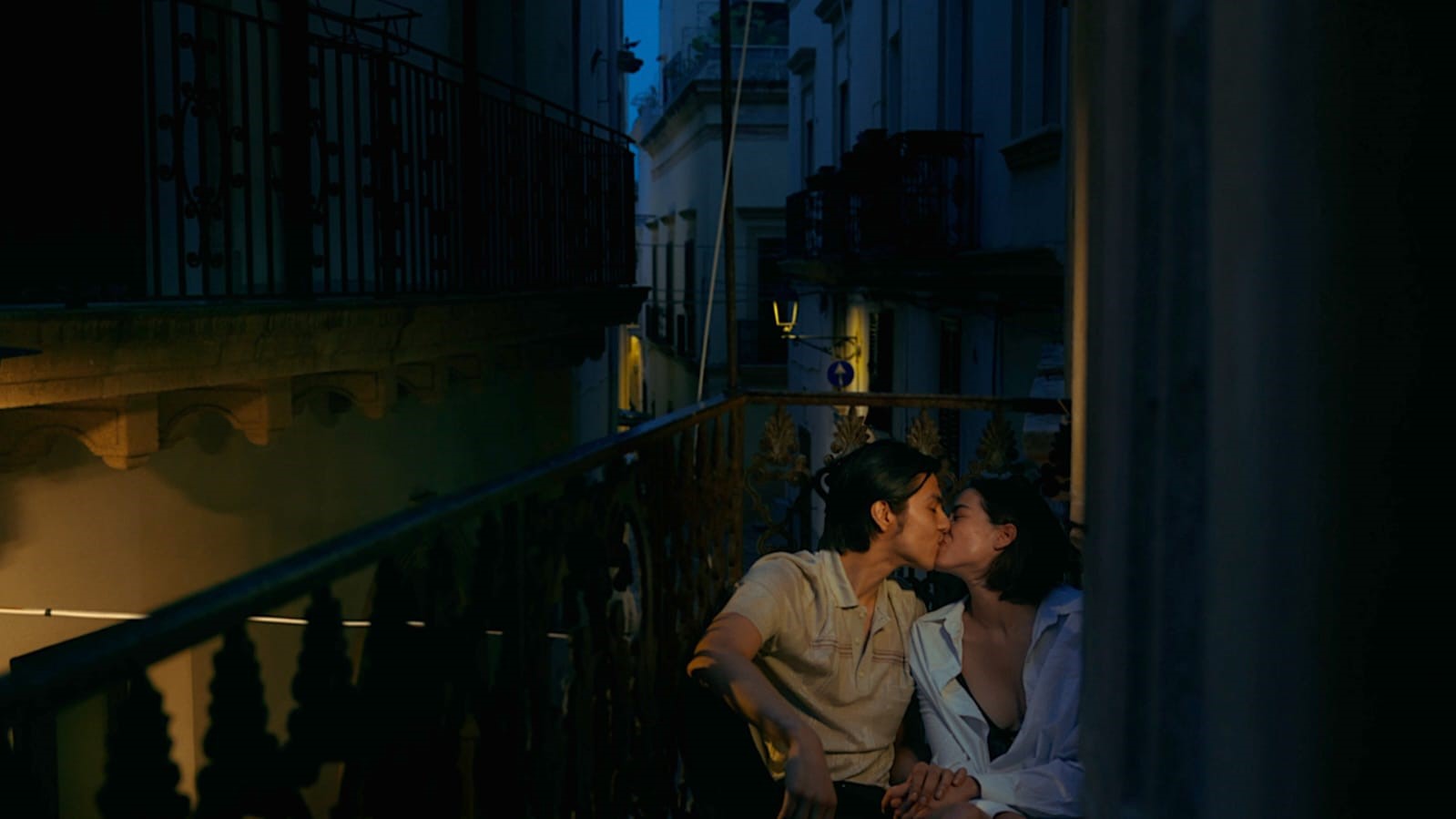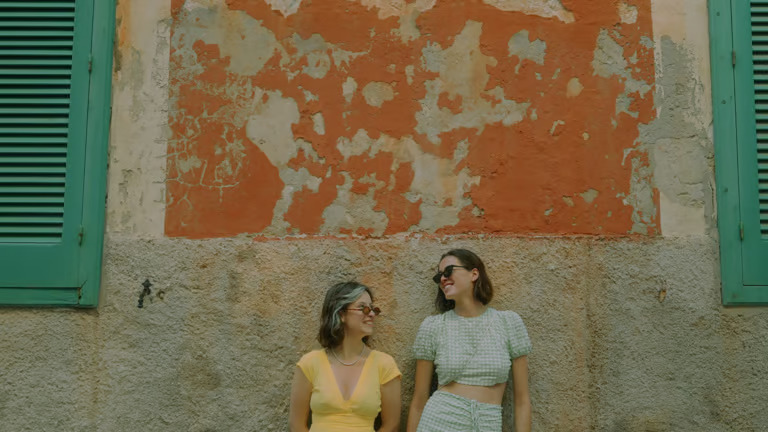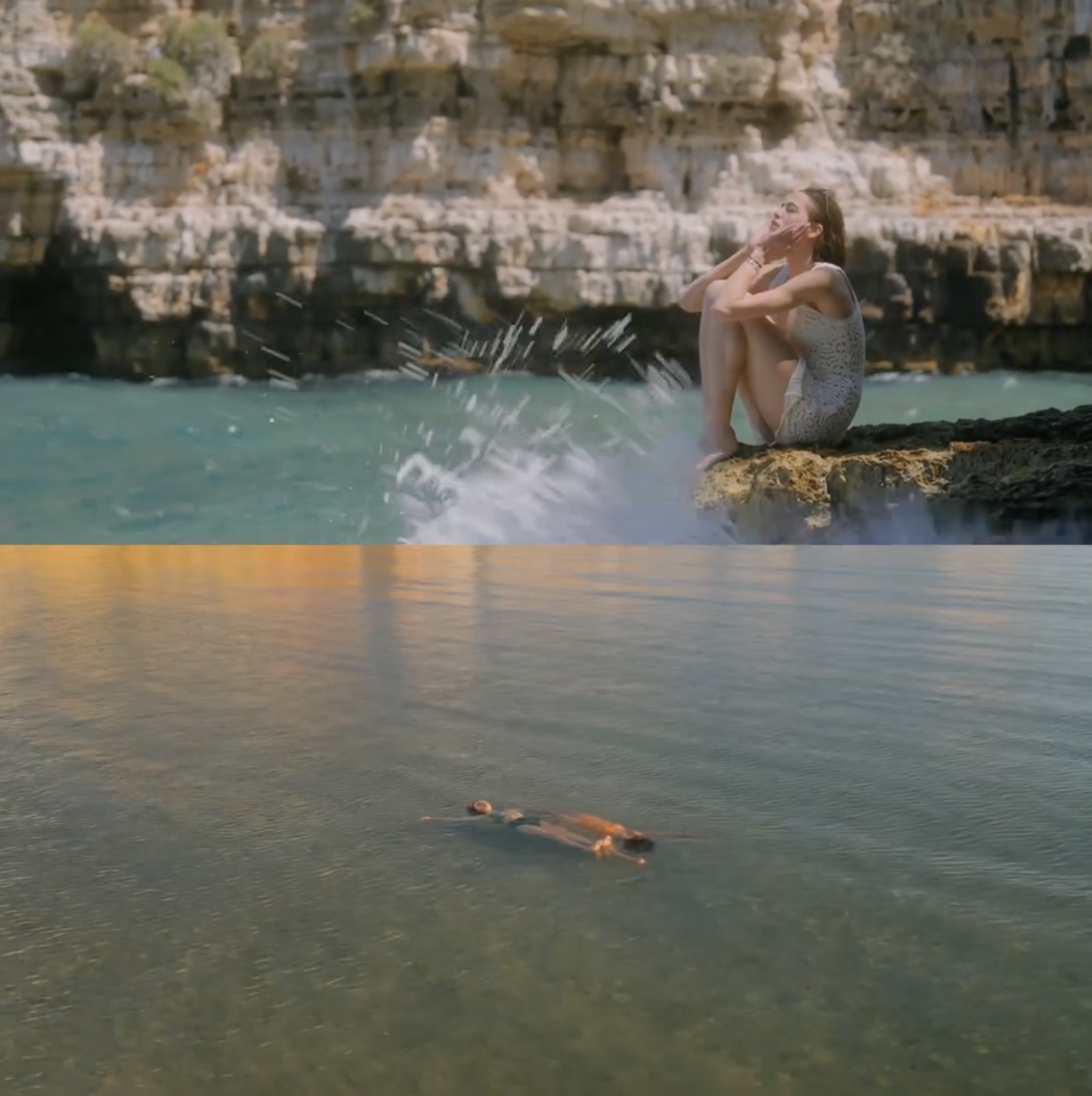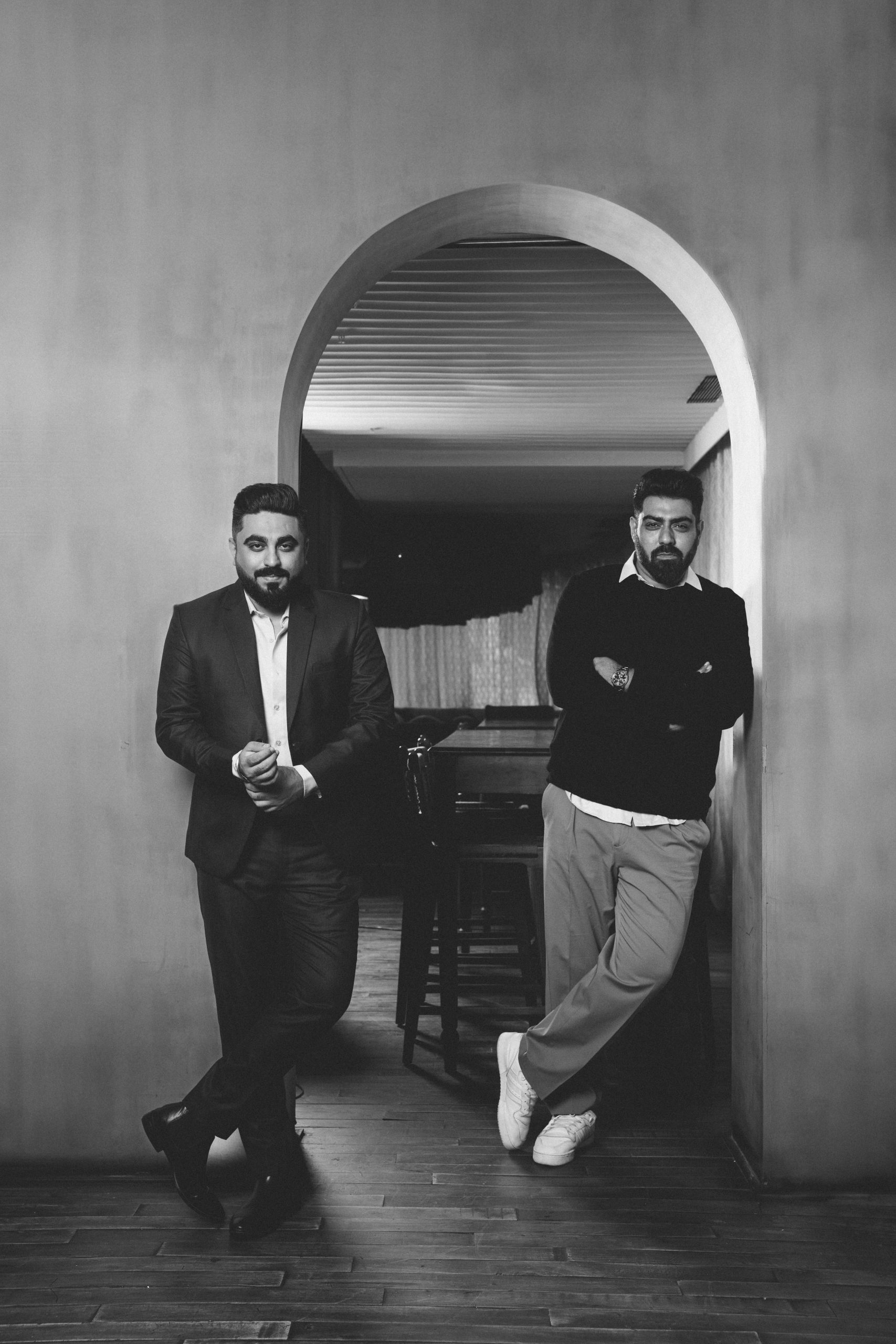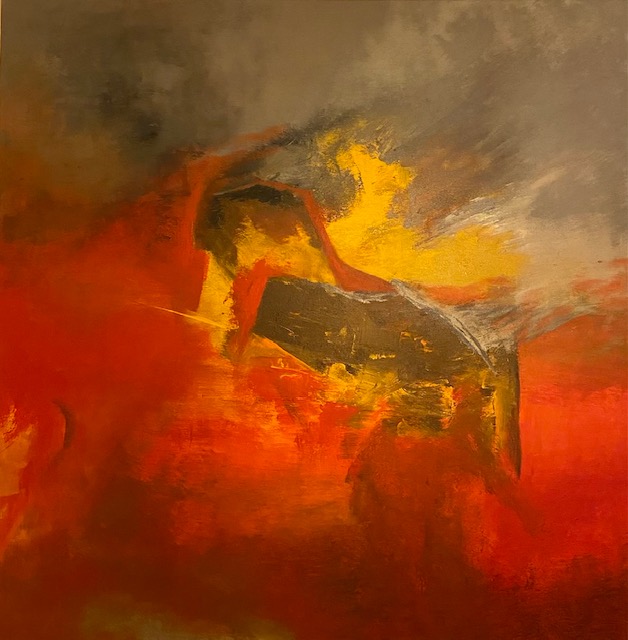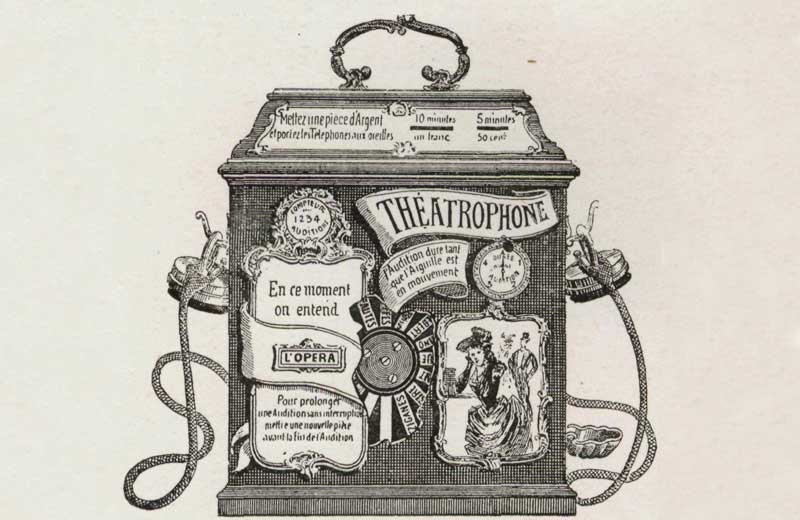By the Gram (BTG), A global content studio co-founded by Aaliya Amrin, Danisha Kohli, and Eman Batliwalla, has entered the realm of narrative filmmaking with the launch of their debut short film, “Plus D’amour,” under the direction of the esteemed Zafar Mehdi. This cinematic endeavour powerfully explores resilience and self-discovery in the aftermath of heartbreak, skillfully navigating the delicate equilibrium between heartache and the bonds of alternate friendship.
The storyline follows a woman grappling with the weight of recurrent heartbreaks, finding solace in cynicism, as a shield against her underlying sorrow. Amidst the disillusionment of love, a heartfelt conversation with her friend, Tugba, becomes a source of comfort. In a poignant third act, Tugba’s unexpected visit becomes a catalyst for transformation, prompting the protagonist to embrace the inherent dualities of life. Together, they indulge in the many dimensions of physicality and presence, following the path to self-discovery and acceptance. Every act in the film is an exploration of the protagonist’s emotions and progress in her journey of self-discovery.
Director exploring friendship and dynamics
Shot in Italy
Woven by cross-cultural visionaries and bathed in a captivating colour palette reminiscent of Kaal Soom’s use of saturated colours, along the ample use of sunlight– a signature style. The short film unfurls with two lovers engaged in a ritual of chain-smoking on an intricately designed wrought-iron balcony, a European delight, serenaded by the melodic tones of Connie Francis’s 1959 hit “You’re Gonna Miss Me.” This musical overture gracefully ushers us into an enchanting moonlit opening sequence.
The narrative effortlessly oscillates between moments of piggyback rides in a sumptuous studio apartment beneath a breathtaking vaulted ceiling and the evocative portrayal of a wine-soaked heroine navigating her solitude in a bathtub—a motif hauntingly familiar in the domain of romantic tragedies. Yet, the heartache proves temporary, as solace materialises in the form of Tugba, the protagonist’s confidante, just a phone call away.
Embracing her newfound independence, our protagonist dons a polka-dot dress while finding herself in the beautiful, yet broken, architecture all around Rome; this particular act was reminiscent of Audrey Hepburn’s Roman Holiday, laced in a new age delivery. With films and narratives that focus on girlhood, Mehdi has highlighted the importance of heartbreak and friendships, and how escape from one could be an invitation to the other.
Exploration of Dynamics through 2-channel output
(L-R) Protagonist undertaking her journey; Protagonist’s self-reflection
A vivid juxtaposition carefully drawn on by the director is with the use of ‘water’ and the act of immersion. The viewer marks the protagonist’s journey through her interactions with water from the start, which is coupled with drowning, synonymous with being chained up and at the end one can see her swimming in the ocean, indicating better control in a bigger perspective. The full circle of emotions are felt and dealt with satisfaction, showing the audience what life is, with a shift in perspective.
Mehdi, the director of the film, was an architect before he found his true calling behind the lens. He possesses a deep understanding of the harmonious interplay of materials and colours, discerning what is visually appealing, which makes this short even more enjoyable. While heartbreak is often seen as dull, this short goes beyond and shows that there is a vibrant exploration of self beyond the pain. Mehdi’s background is reflected in the frame to frame conception of the movie, where symmetry, rule of thirds, and elements of design flourish in its individuality.
In the labyrinth of self-discovery, the significance of female friendships emerges as a healing force for the wounded heart. Echoing Shakespeare’s sentiment on friendship as understanding the past, accepting the present, and encouraging growth, friendships create a sanctuary where vulnerabilities are embraced, fostering healing through shared experiences. Plus D’amour, forms a colourful exploration of the spectrum of human emotions, highlights heartbreak in a vibrant and carefree manner, and leaves the audience with a quote by Rumi that discusses the intricacies of love and loss.
“You have to keep breaking your heart until it opens.”
You can now watch Plus D’amour on BTG’s official Instagram handle.
Words by Esha Aphale.
Image curation Tanya Chaturvedi.
Image courtesy BTG, Zafar Mehdi.
